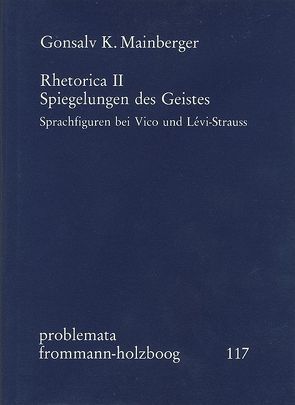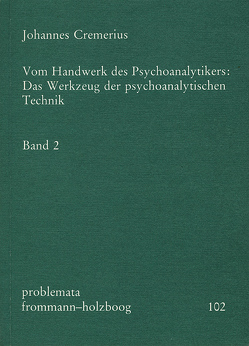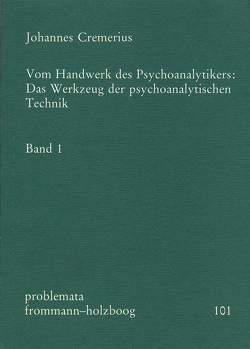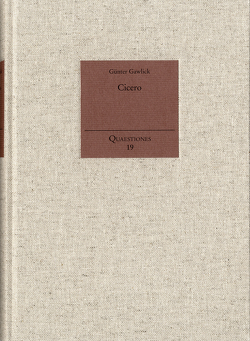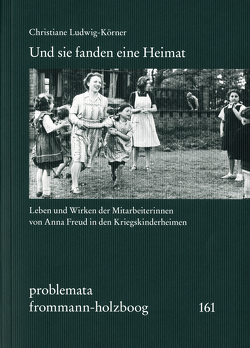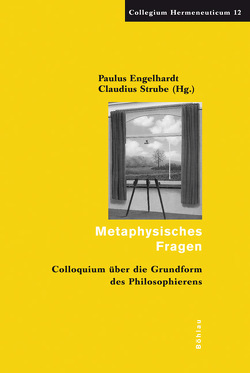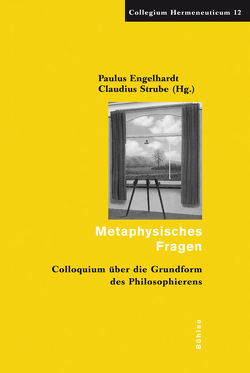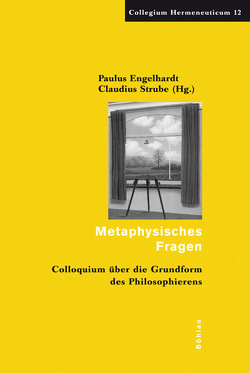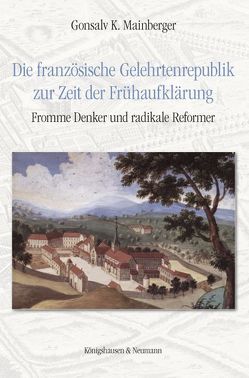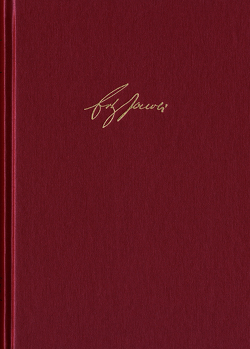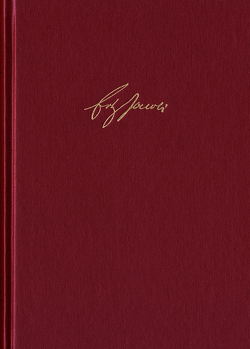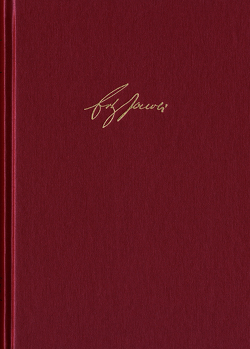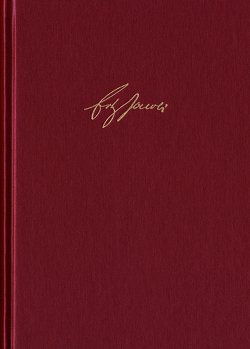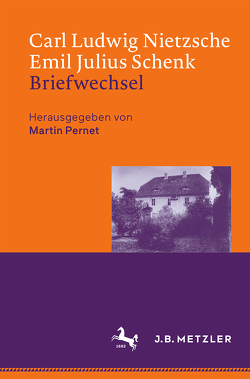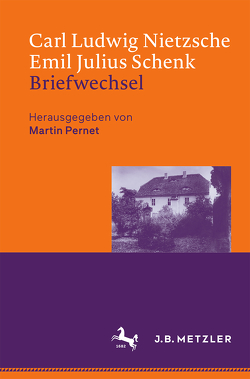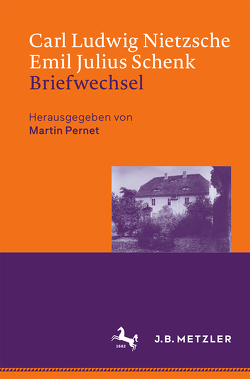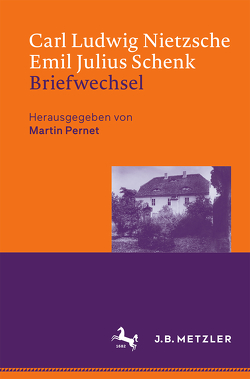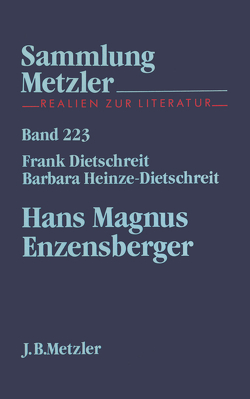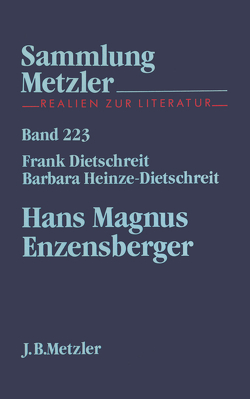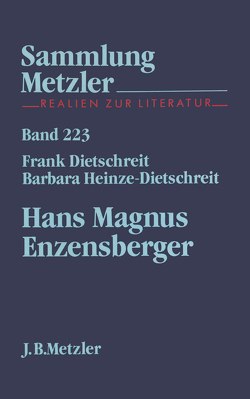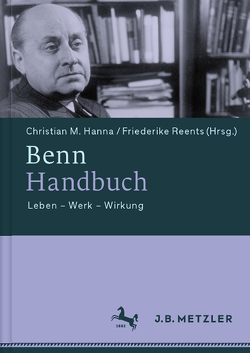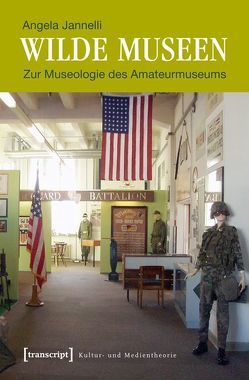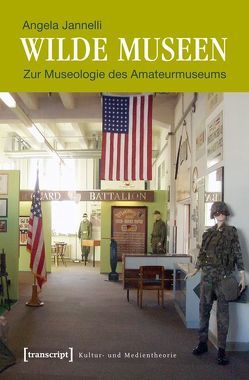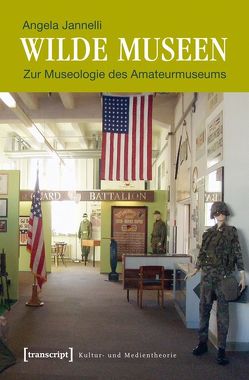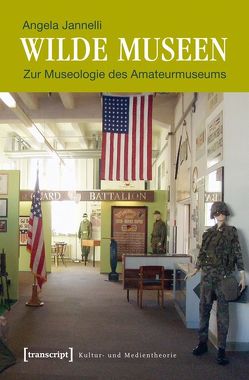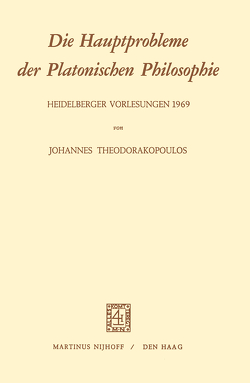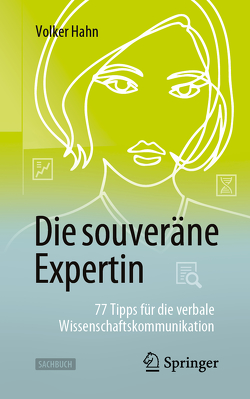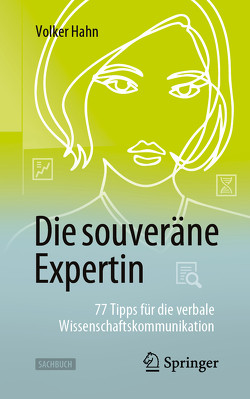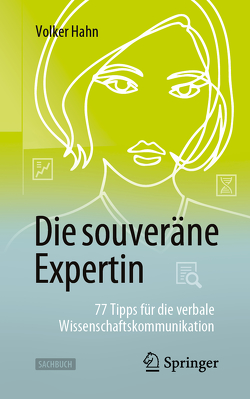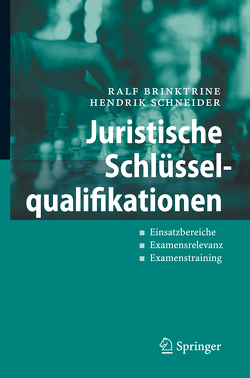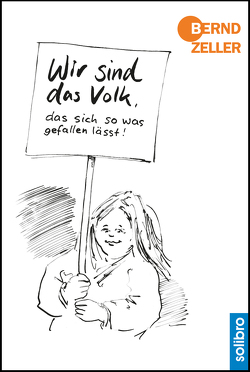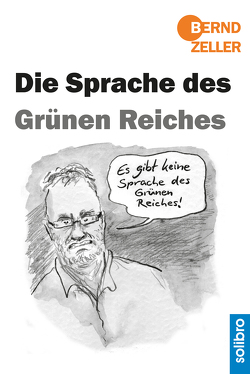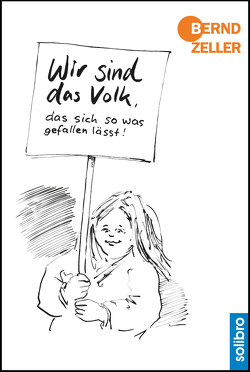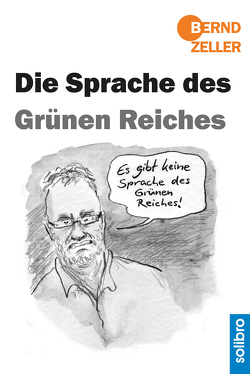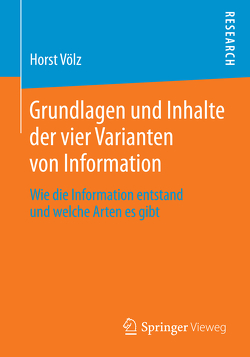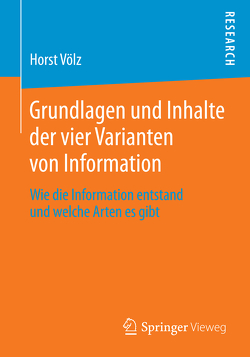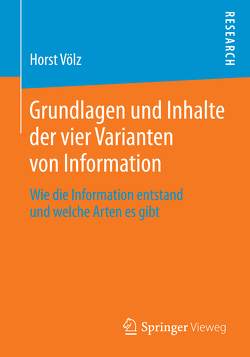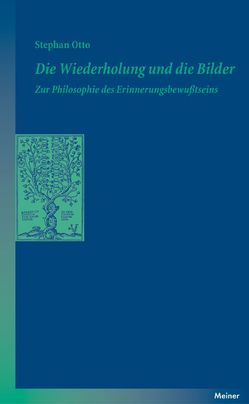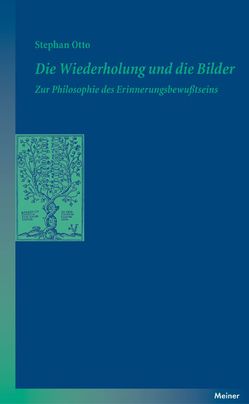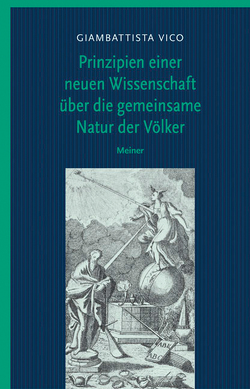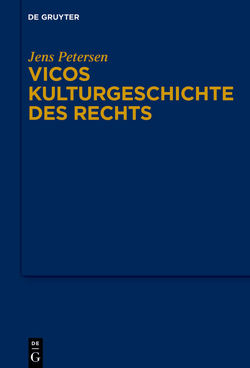Rhetorica II: Spiegelungen des Geistes. Sprachfiguren bei Vico und Lévi-Strauss
Eckhart Holzboog, Gonsalv K. Mainberger
Rhetoric once had a kingly position. Deposed and transformed, it is effective today under changed conditions and other names. A barely discovered, yet productive ferment of postmodernism is the rhetorical use of reason. This thesis is one of the motives of reasearch fo Rhetorica II, which follows up on Rhetorica I with a re-reading of Aristotle, Quintilian and Augustine. Two rhetorically conceived models of the conjectural use of reason are brought to light in theis epistemic-historical study: Vico’s Metaphysics and Lévi-Strauss‘ Mythologica. Both prove to be guiding references in finding answers – based on principles that are, however, not of scientific-dogmatic nature – to those questions asked by reason, which are dependent on conjecture and combination, disentanglement and relation, and communication and emotion.With reference to Vico, rhetoric was already a driving force in the change of paradigm from the rationally directed metaphysics of the ideal world to the rhetorically conceived criticism of reason as a reconstruction of the mondo civile. rhetorica II shows that Lévi-Strauss abides by Vico’s productive concept of reason and understands the myth to be a spiritual product of rhetorical origin. This approach makes it possible to enter wild thinking into the history of reason. Through Rhetorica II, conjectural rationality regains its place in the universe of knowledge. The book invites philosophers to take a new look at rhetoric and outlines o philosophy of finiteness. It advises us to strengthen the competence of reason regarding contingency in order to deal with the threats of the present age.
